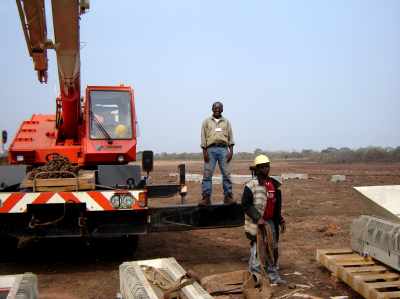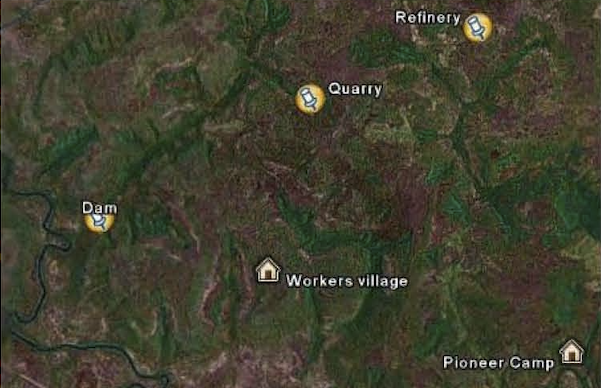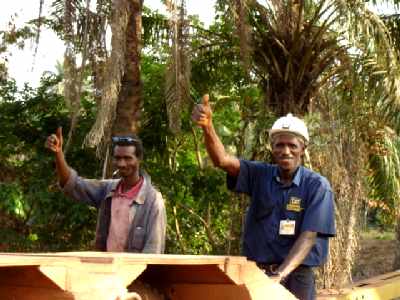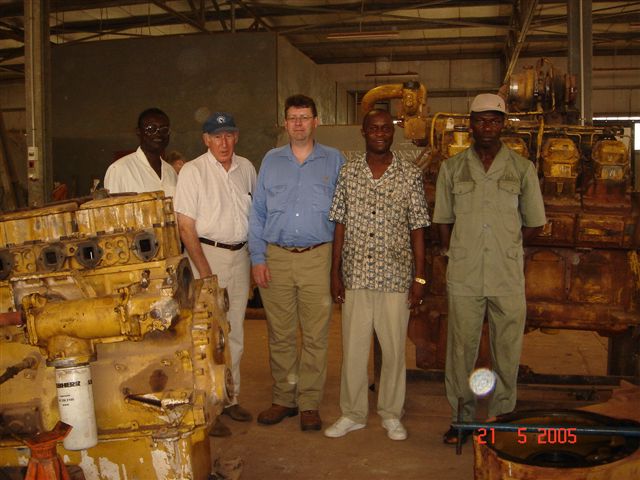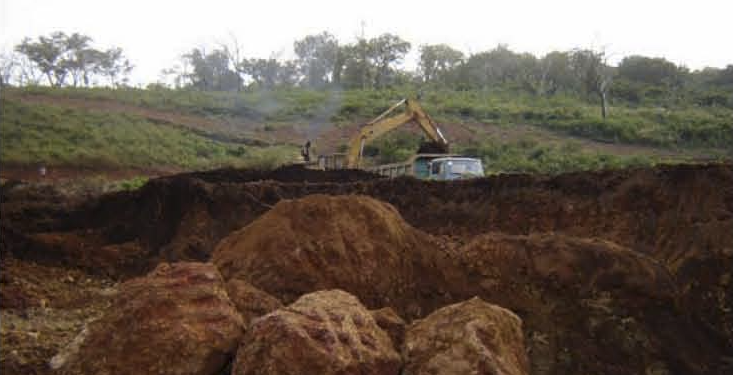Client: Global Alumina /
Location: Republic of Guinea /
Services: document control system /
Global Alumina’s Sangaredi Refinery Project was a significant alumina production initiative proposed in Guinea, West Africa, in the early 2000s. The project aimed to construct a large-scale alumina refinery with an initial annual capacity of 3.3 million metric tons, expandable to 4.8 million metric tons. Located in the Sangaredi region of Guinea, the project was designed to take advantage of the Boké bauxite belt, one of the world’s most prolific bauxite regions.
The project was initially developed by Global Alumina, which was founded in 1999. However, as the project progressed, it evolved into a joint venture with several major partners. In 2007, BHP Billiton acquired a 33.3% stake in the project, while Dubai Aluminum Company Limited (DUBAL) held a 25% interest, and Mubadala Development Company held an 8.3% stake. Global Alumina retained a 33.3% equity interest in the venture.
The Sangaredi project was designed to be a comprehensive development, including not only the alumina refinery but also the necessary energy, water, transportation and social infrastructure. The bauxite mining concession covered 690 square kilometers and contained 19 bauxite-bearing plateaus. The project plan included the construction of a coal-fired cogeneration power plant capable of producing approximately 150 MW of electricity to meet the refinery’s energy needs.
Water management was a crucial aspect of the project. Plans included the construction of a new reservoir with a 30-meter high dam to store five million cubic meters of water, sufficient to supply the annual water requirements of the refinery and its potential future expansions. Additionally, the project required significant transportation infrastructure improvements, including the expansion of the existing port of Kamsar and the construction of a dedicated alumina operations terminal and storage facilities.
Despite the ambitious plans and the involvement of major industry players, the Sangaredi Refinery Project faced numerous challenges. These included complex negotiations with the Guinean government, environmental concerns, and the need for substantial capital investment. While the project made significant progress in planning and preliminary stages, including completing design phases and environmental assessments, it ultimately did not come to fruition as originally envisioned. The project’s journey highlights the complexities and risks involved in large-scale industrial developments in emerging markets, particularly in the mining and refining sectors.
